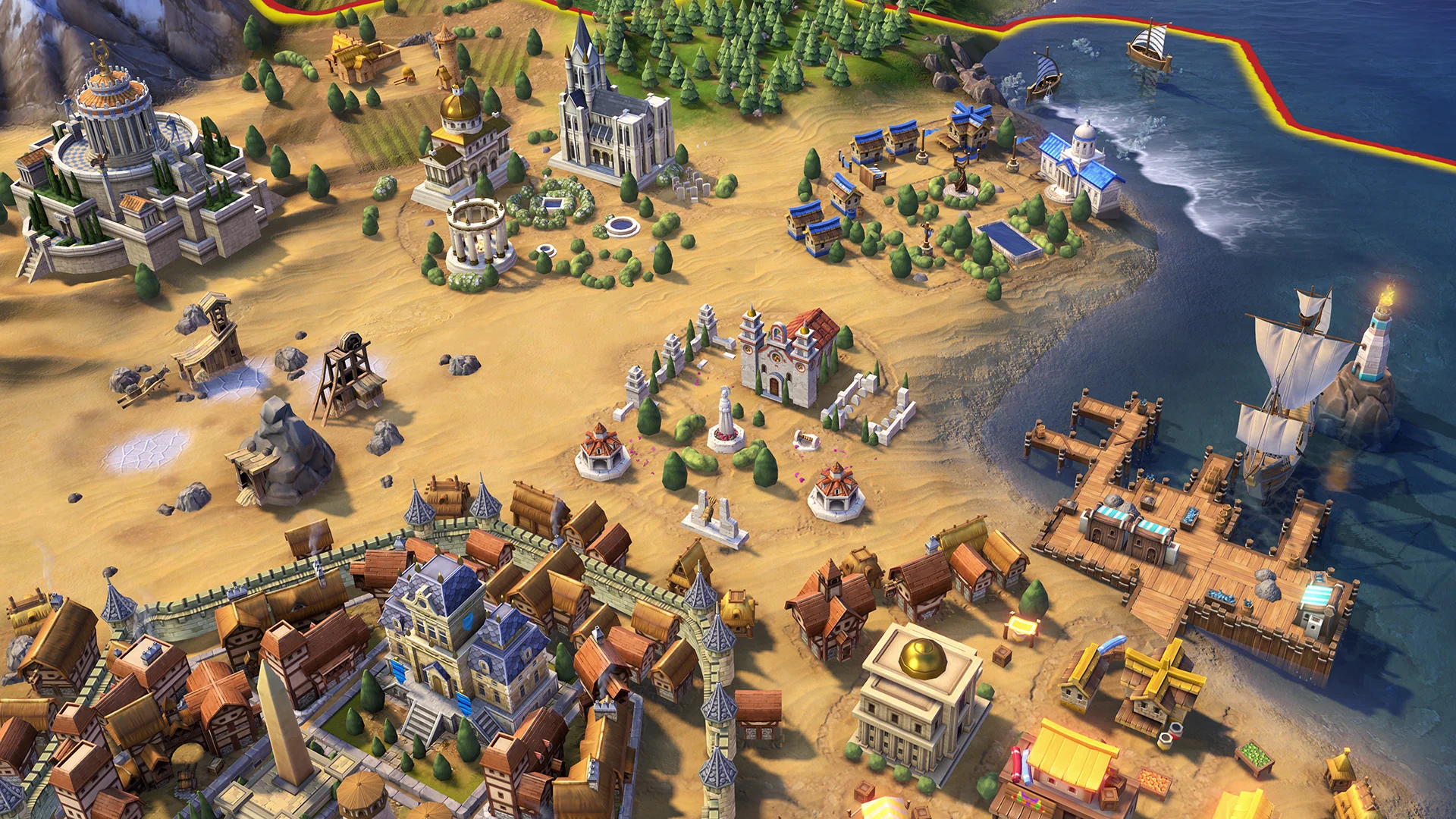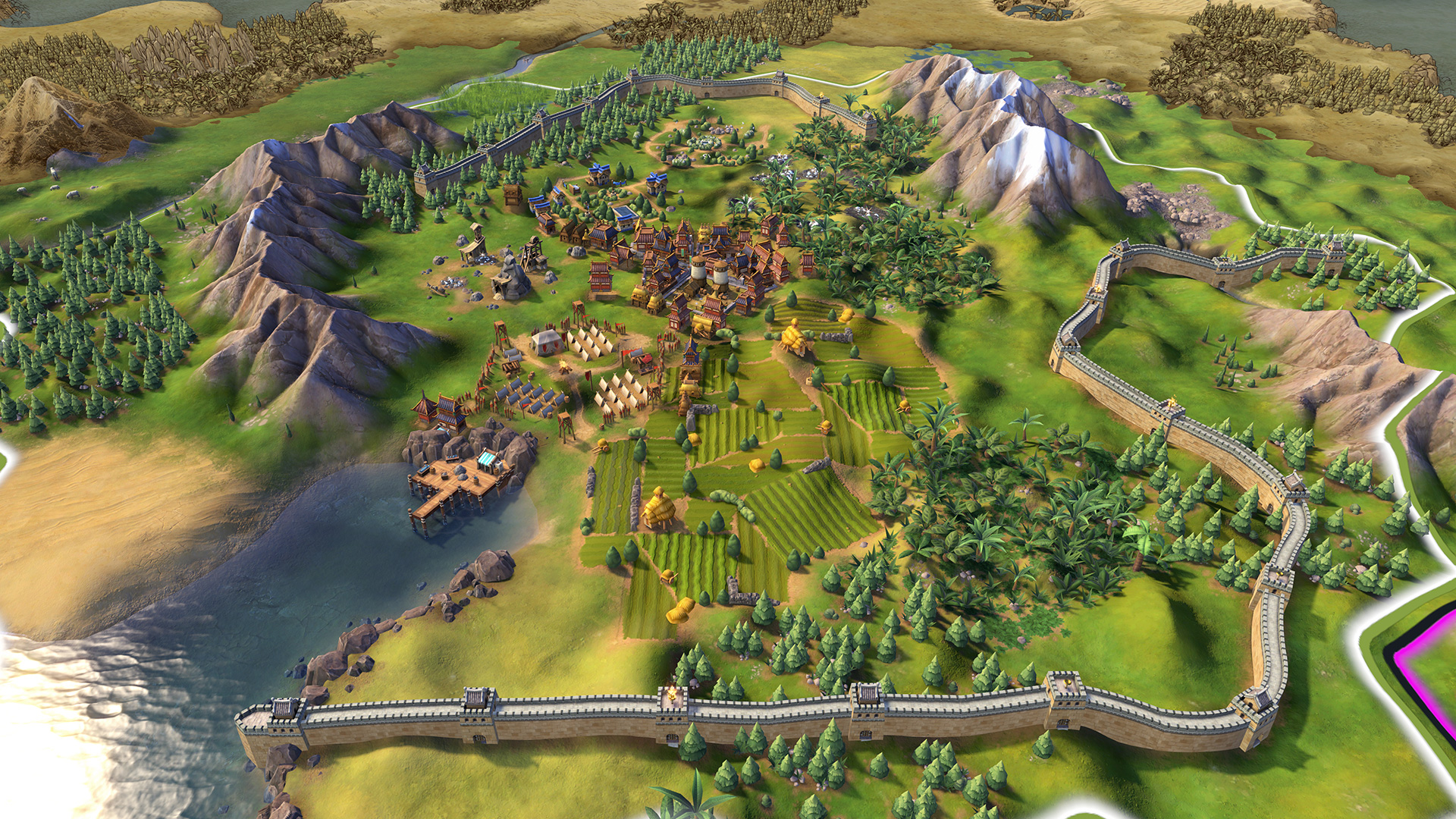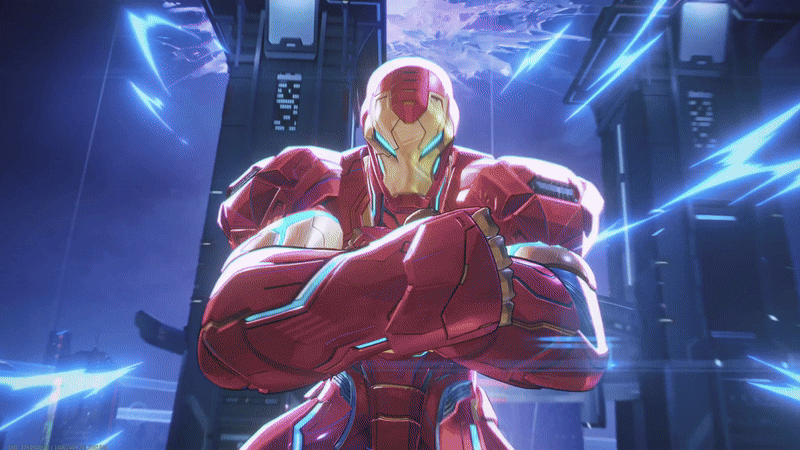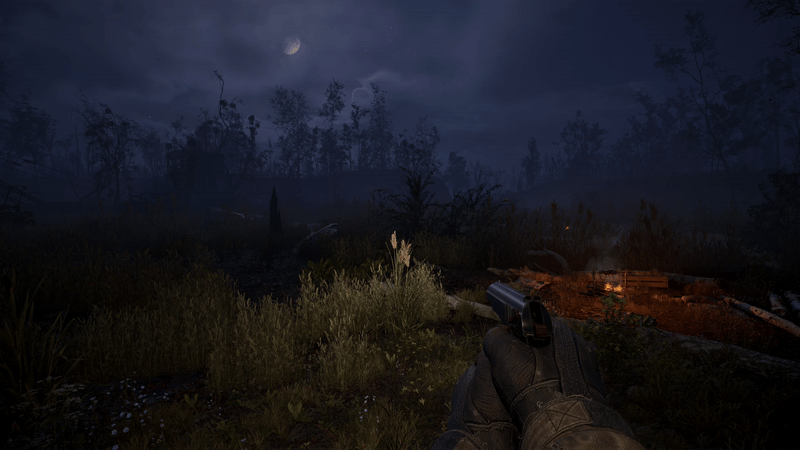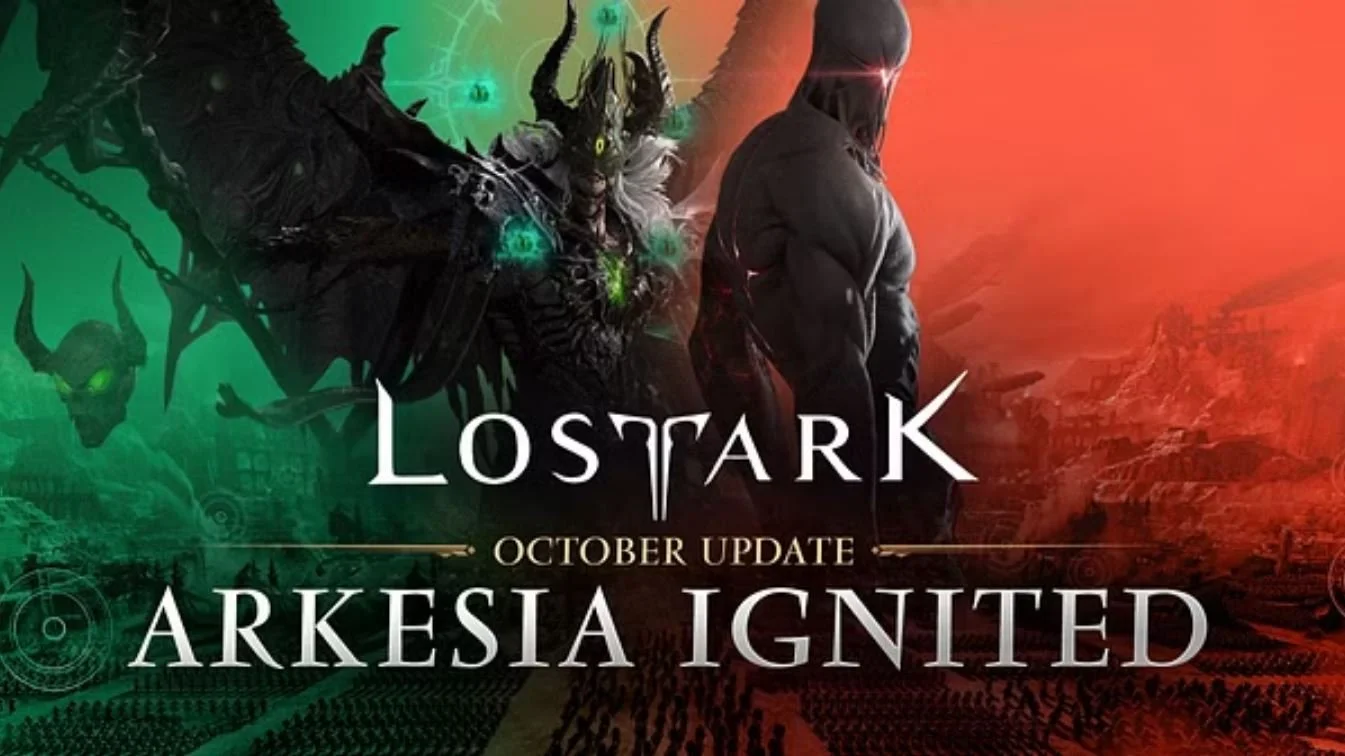I recognize and realize in the wake of Civilization VI this is probably the WORST time to tell you about a new long play strategy game, but Master of Orion commands your attention. Of course, Master of Orion isn't exactly new...it's been around since 1993 and launched a couple years after the first Civ game. After three entries the series has now been revitilized for a new era and is supposedly the best it's ever been. I popped in the game briefly on Friday afternoon to check it out, and by 2 am I finally had to tell myself I needed to go to bed. If Civilization is the gold standard of turn based strategy, then Master of Orion is its Platinum adversary.
That's in no small part due to the fact that Master of Orion has this way of taking the best parts of the Civ series, and expanding it further than Sid Meier takes it. For example, the new game features RTS Space battles that you can choose to participate in if you don't like the odds generator of your ships probability against the enemy. It won't always help, and if you're taking three small ships up against a fleet of fifteen the computer won't waste its time and give you the option to fight but it's a nice way to break up the "one more turn" monotony.
If you've played any of the prior games you know what to expect from the series. You have a massive universe in which you must spread out. Wheeling and dealing with nations becomes mandatory as your planetary empire inevitably collides with others, and if you aren't spying, you're likely losing.
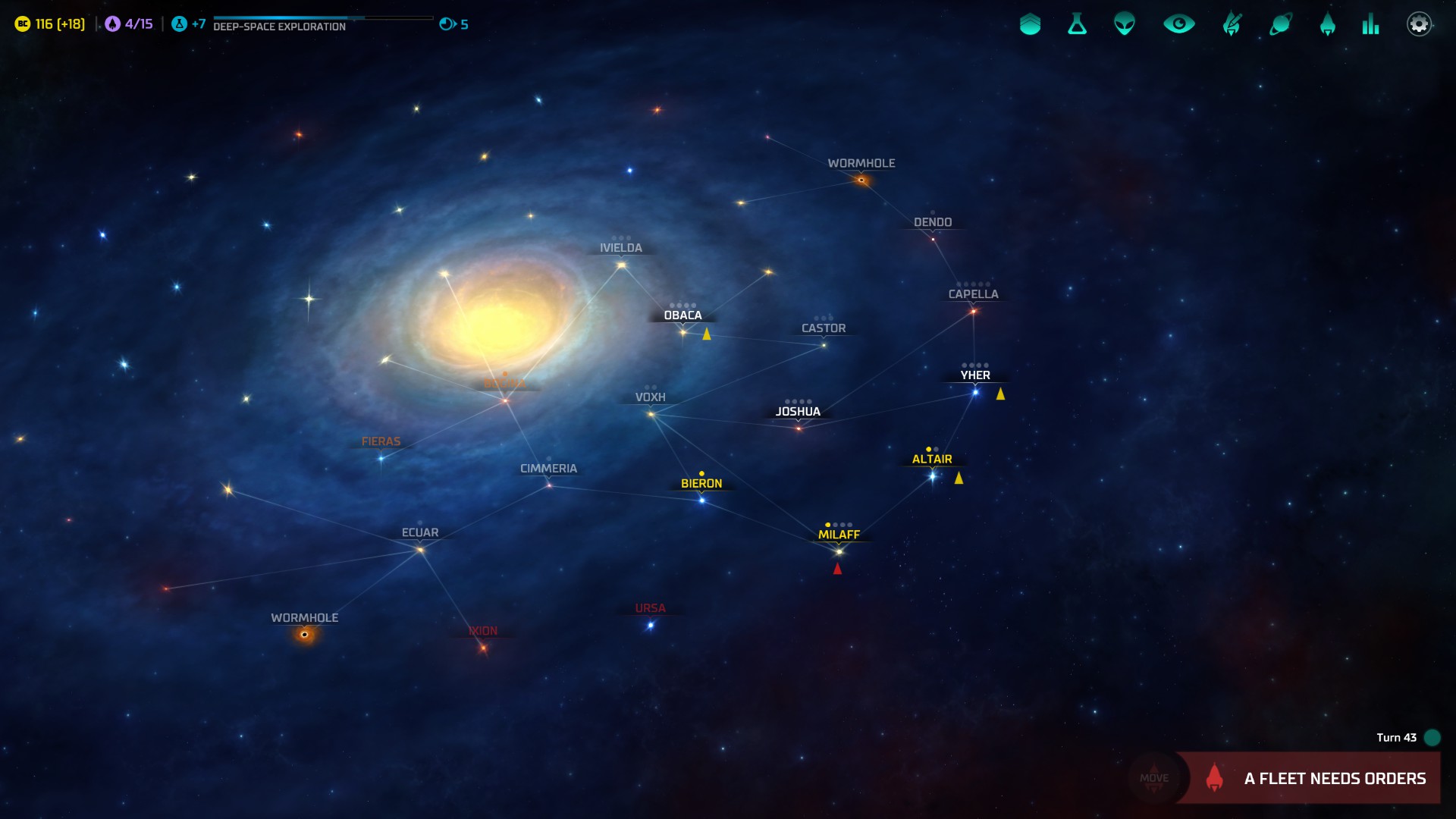
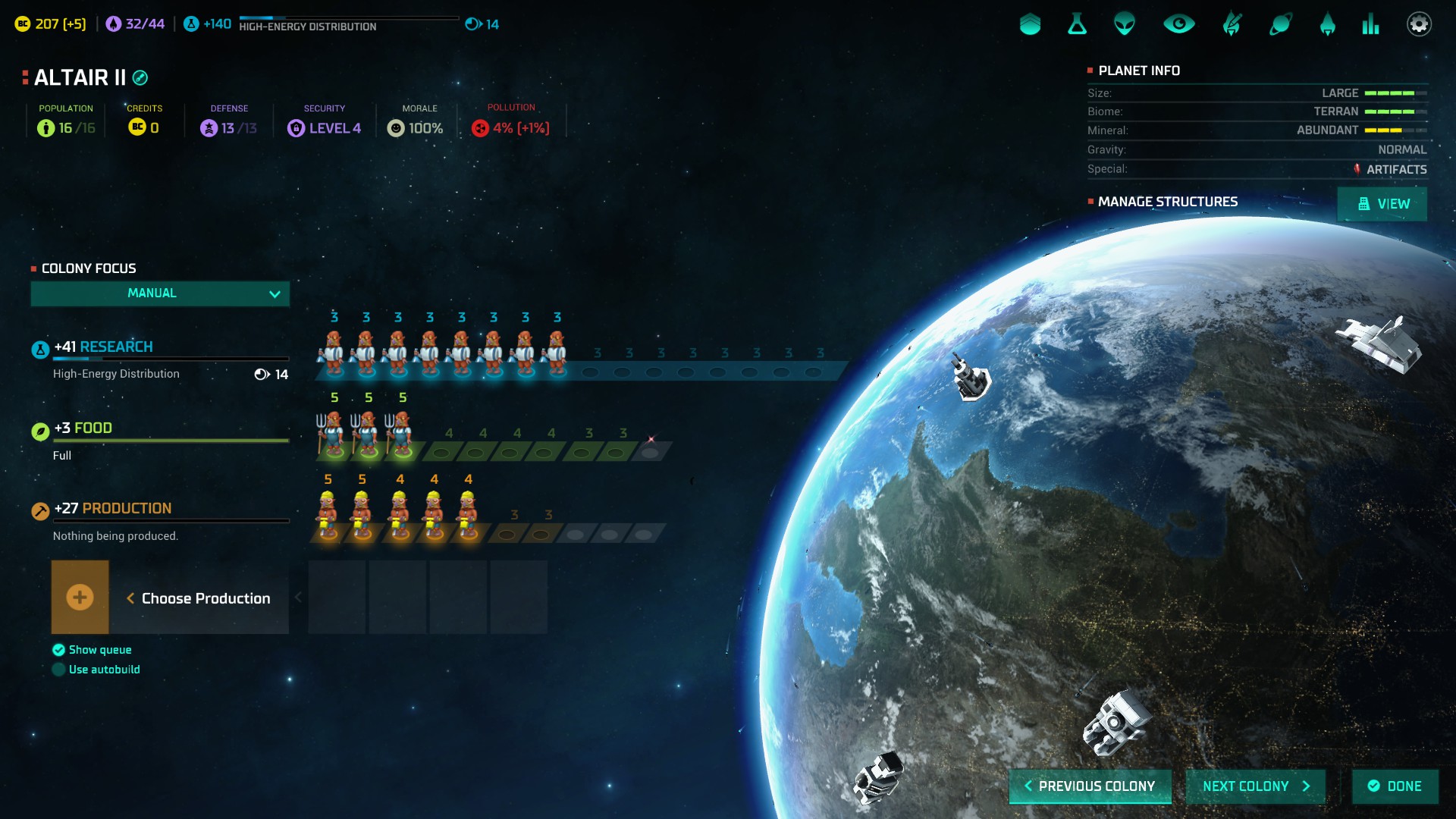
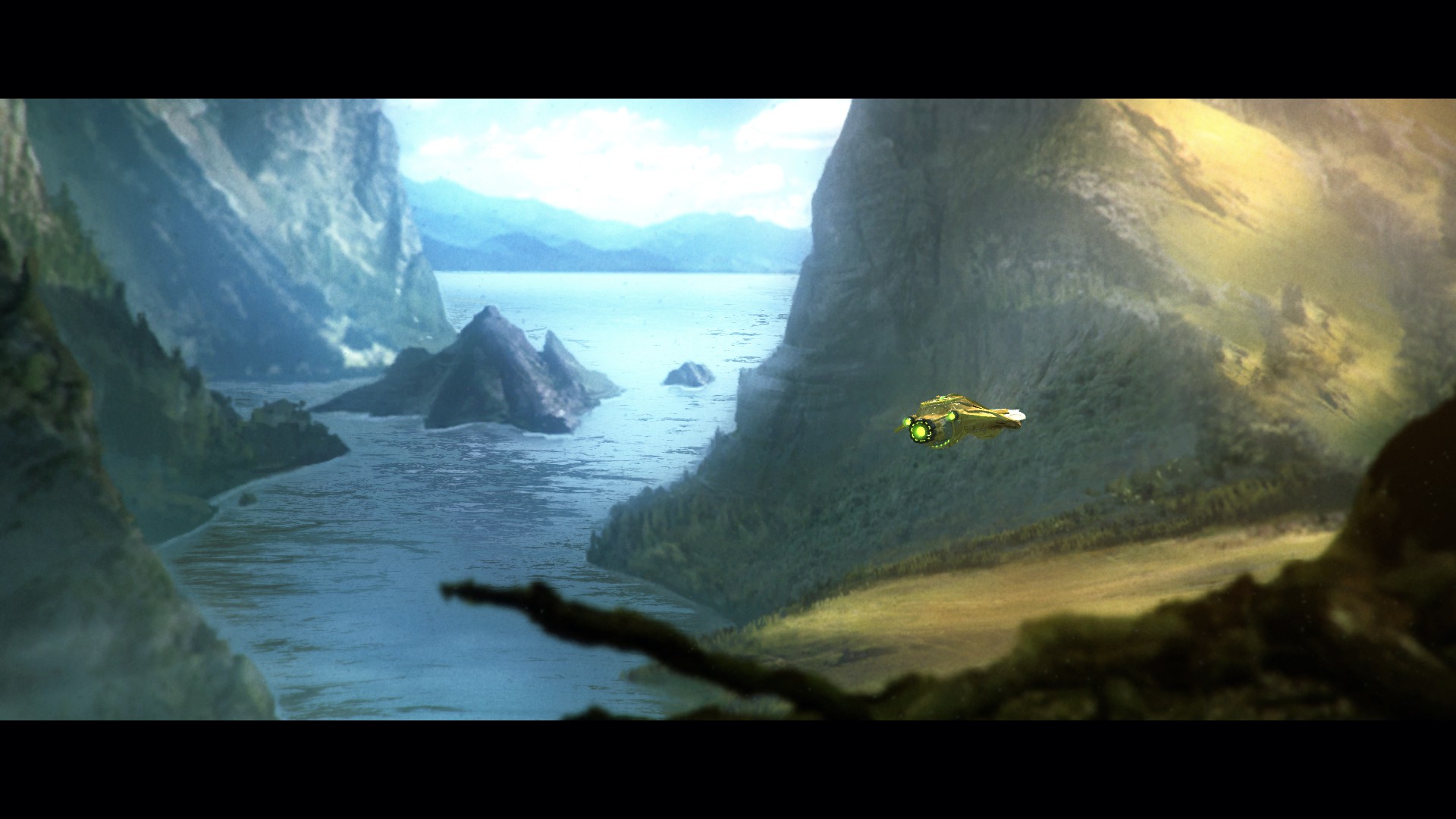
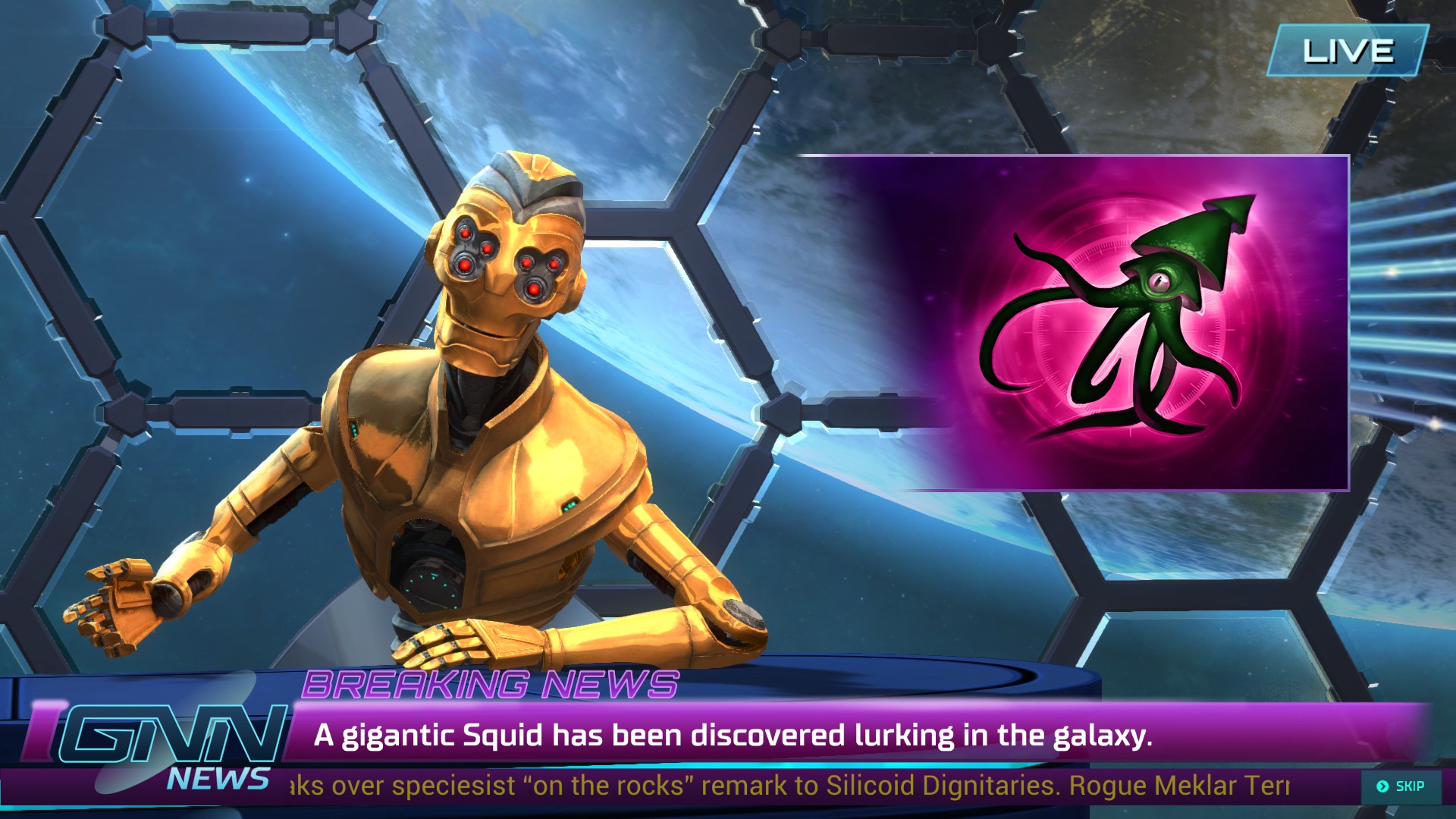
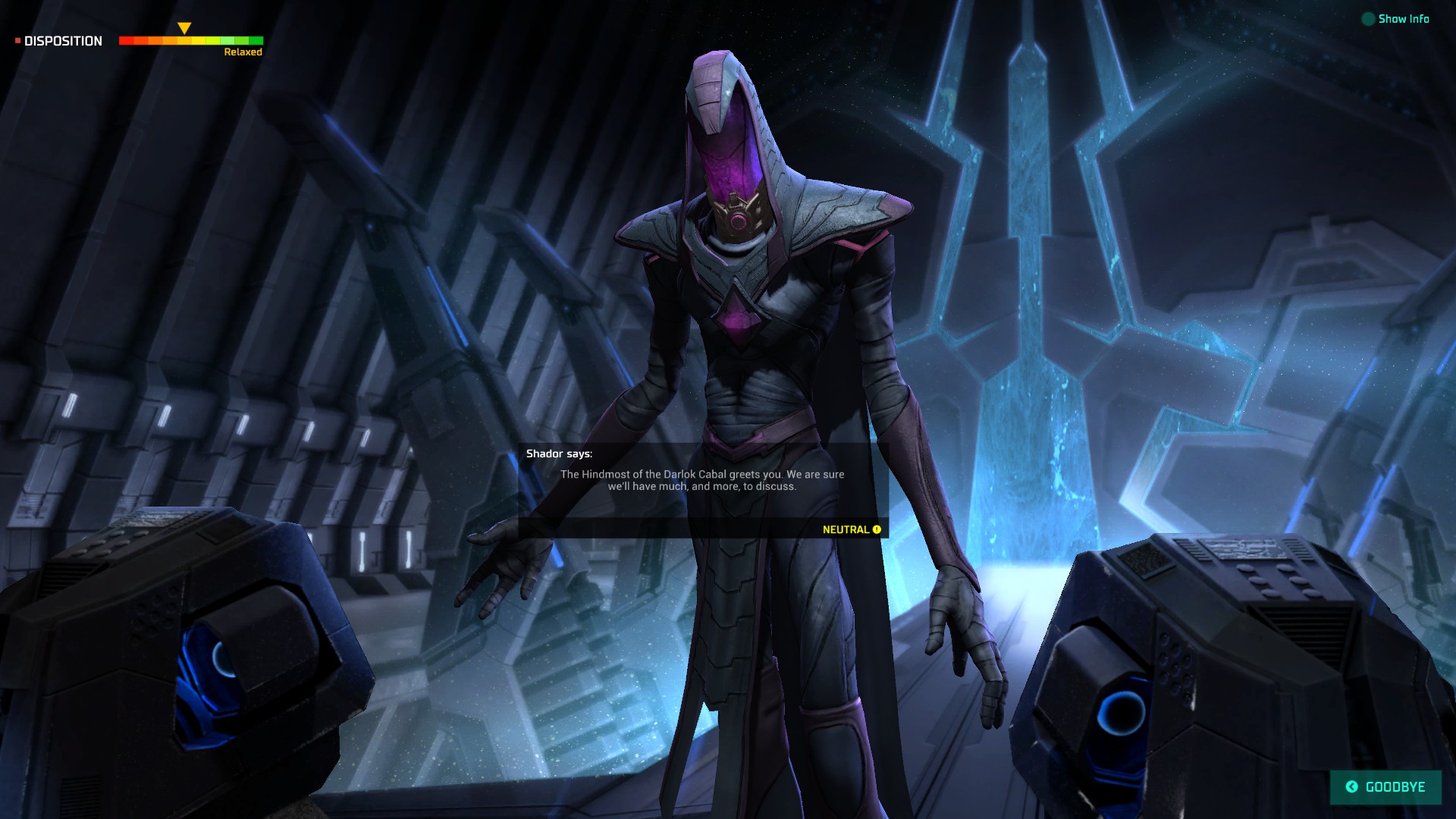
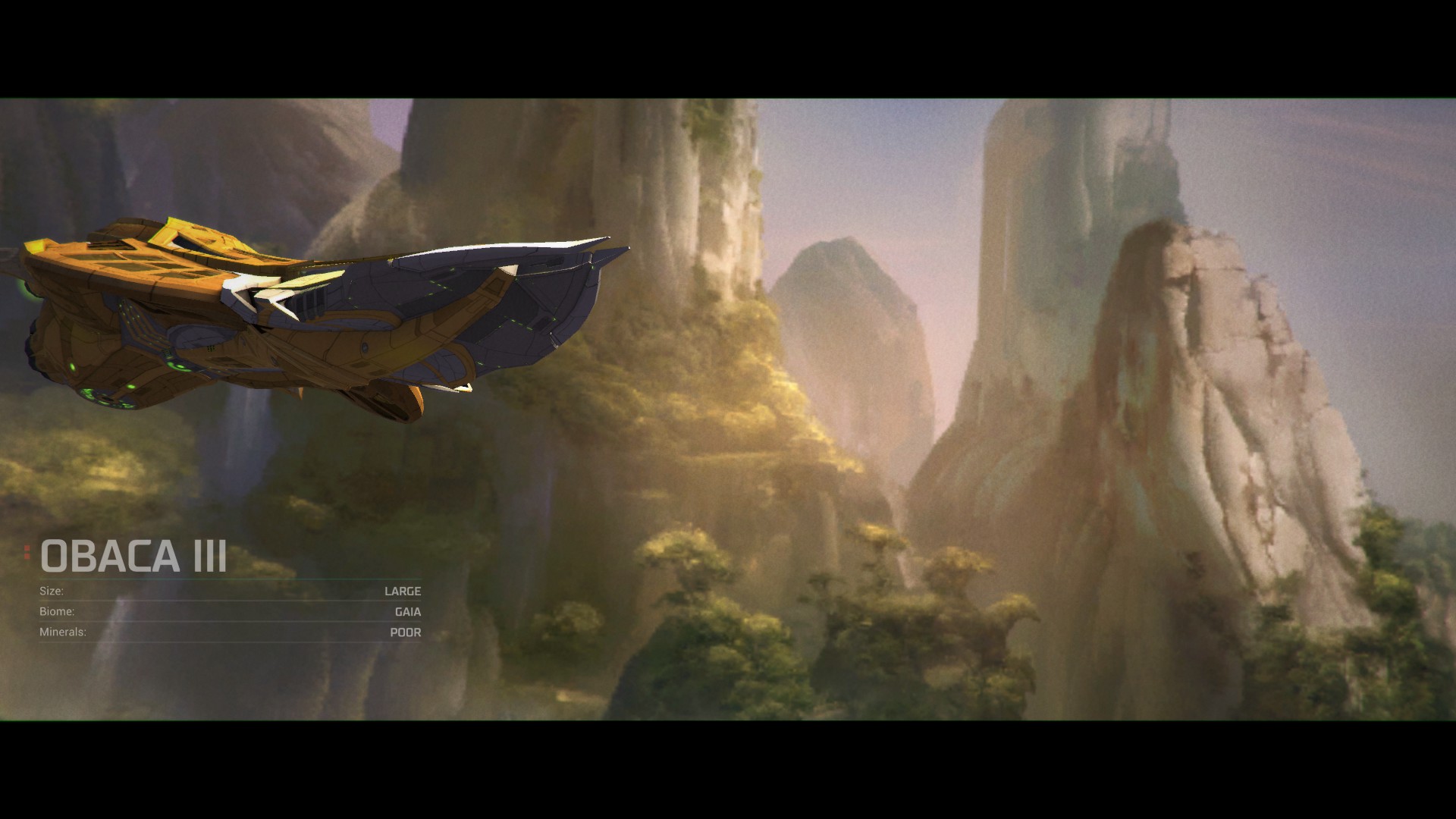
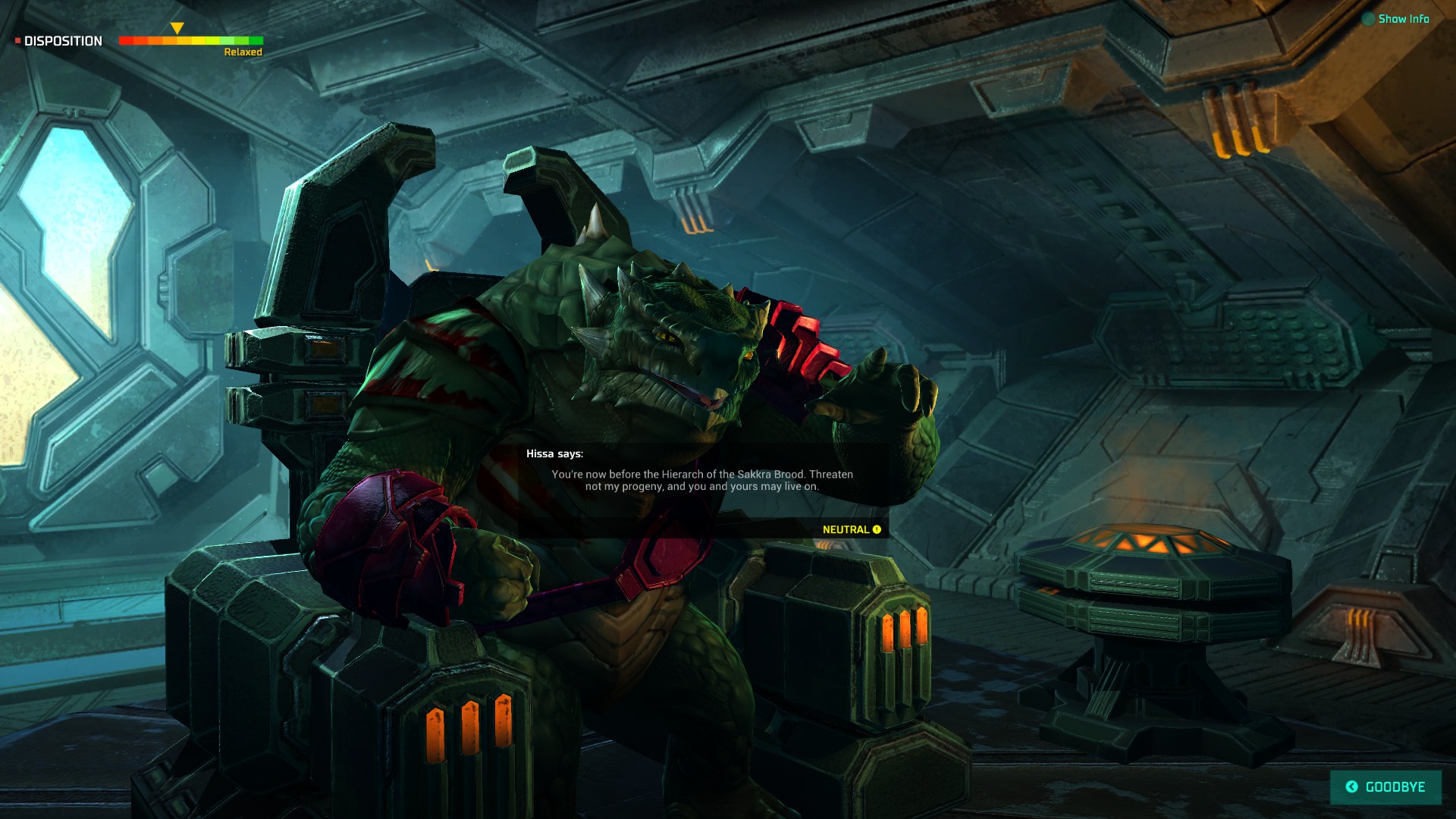
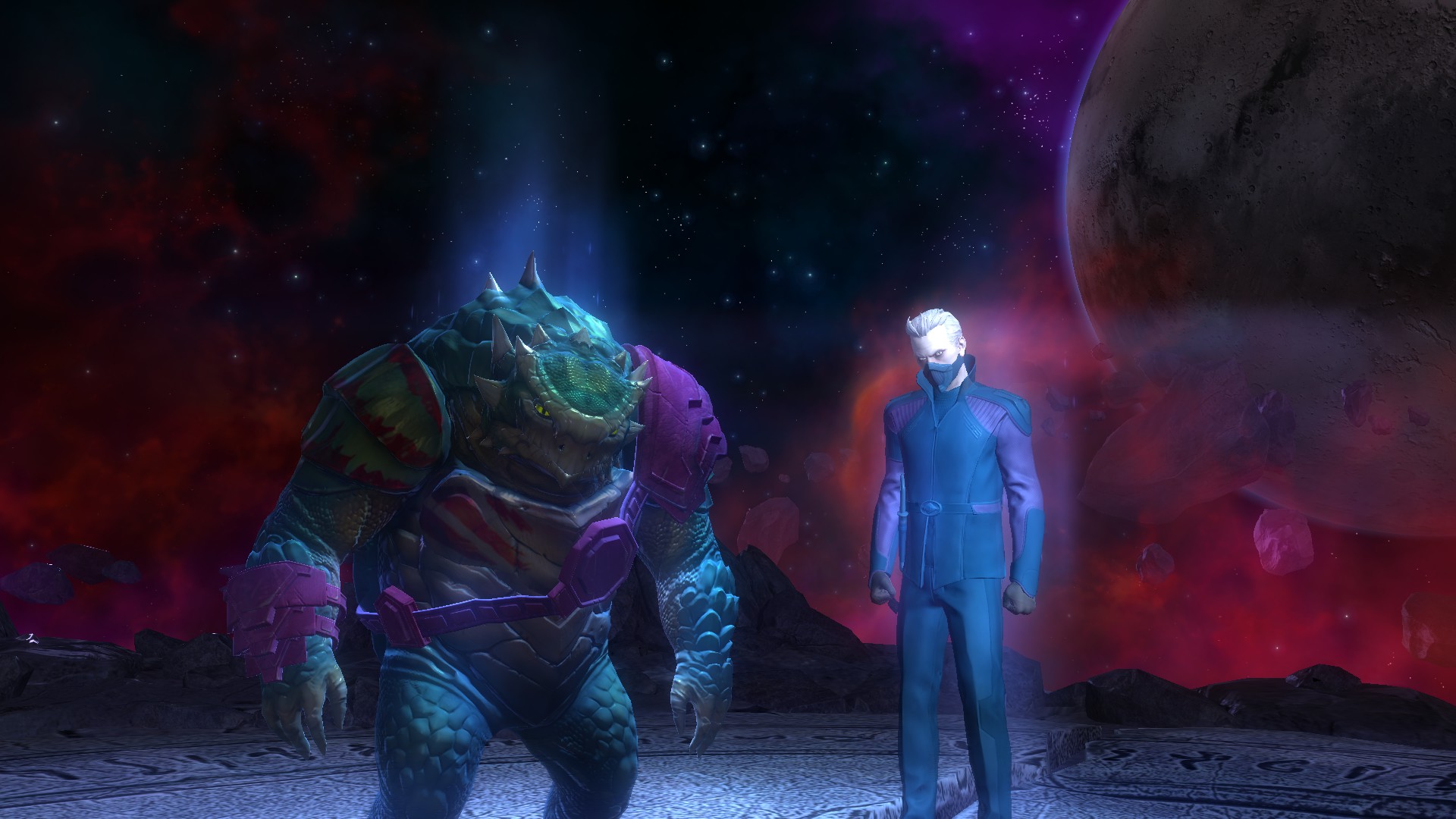
If you're someone who's never played and have only known Civ your strategy playing life, here's some key differences between this new game and the beloved series...
- Each system you Colonize has an average of 1-3 planets for which you can control. Each planet has a grade for mineral abundance, population size, and quality of life for your race. For example, I made the mistake of colonizing a planet with high gravity which gave every worker on my planet a debuff until I developed technology to counteract it.
- Aforementioned RTS battles in conflicts. You can also opt to "auto-resolve" which the computer generates your success based on the odds it's given you. It's fair 95% of the time unless the battle is 50-50...
- Giant monsters inhabit some of the systems you'll visit. Don't inhabit their planets unless you want to fight.
- Cinematics appear far more often. You'll have cinematics for every planet you colonize, GNN (Galaxy News Network) updates you on the state of the game, and occasionally the colonies will get together to decide on a leader.
- Personally (and this is just my opinion) I noticed a LOT more interaction with the AI and my race than I have encountered in the Civ games. Once again that can just depend on the game, but I actually felt a need to reach out and constantly exchange with my opponents to make any progress.
- Less military units to manage, but many more upgrades to keep old and new units viable. All battles happen in Space.
- Even a small nation will colonize more areas than you will in your typical Civ game. This means you'll do a lot of juggling resources between turns and have a lot more going on in the decision making process. It's overwhelming at first but I soon began to welcome the chaos as I fell behind.
Essentially what I'm getting at here is there is a lot more depth than you get in your typical Civ game. I felt like I went from grade school to high school in terms of strategy with little to no preparation. It was overwhelming at first, but after 6 hours of non-stop play I completed my first game...and came in third. One of my allies screwed me mid game bringing me into a war with one of the most powerful militaries in the game and that just obliterated any shot I had at winning from that point on.
I'm still playing, and will likely continue well past Civ hype dying down. If you're someone who isn't big into the Civ series, or is looking for something fresh to cut their teeth on...Master of Orion has been that alternative since 1993.


